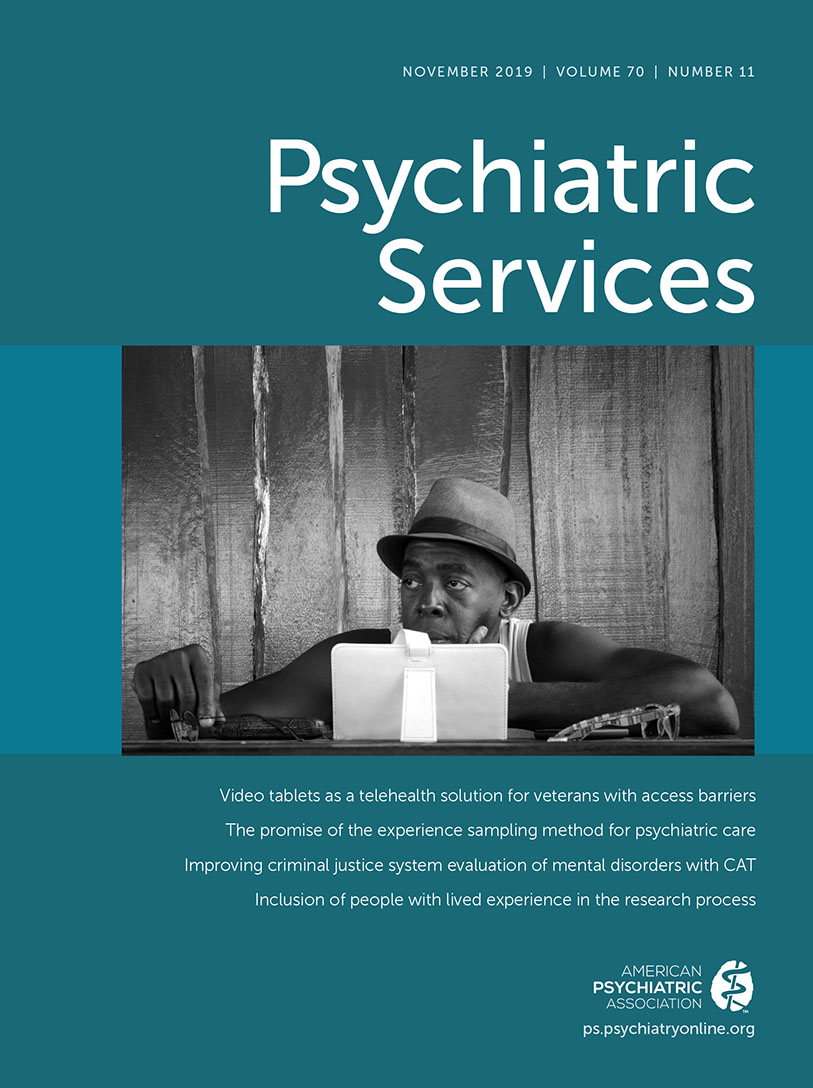Promoting Mental Health Awareness in the Christian Community Through Collaboration
TO THE EDITOR: Dr. Peteet’s Open Forum highlighted the various sources of stigma associated with American Christianity, including fundamentalist thinking, misattribution of psychopathology, traditional ways of understanding, and adverse experience with secular providers (1). In order to address these complex issues, Dr. Peteet recommends a “sensitive search for common ground, efforts to work within community values, attempts to address both psychiatric and spiritual concerns, and educational interventions tailored to these challenges.” Dr. Peteet suggests that collaboration between mental health providers and religious leaders is an important area of future study (1).
In response to Dr. Peteet’s Open Forum, we offer a practical, real-world example of this type of collaborative effort. One of us (C.J.B.) is a psychiatrist and member of the church where another of us (B.M.) is the pastor. The two of us collaborated over 9 months to develop a mental health awareness lecture series for our church congregation. We prepared for this by reading articles and participating in training programs to understand how each of our disciplines approached mental illness (2, 3). Together, we established the goals and the framework for the sessions. Each session was held after worship services and included a 20- to 35-minute presentation followed by 25–35 minutes of discussion. The presentation was organized into five segments: Recognition, Recovery, Renewal, Response, and Resources. In the Recognition segment, C.J.B. outlined the symptoms of each psychiatric illness (covering depression and anxiety, schizophrenia, bipolar disorder, personality disorders, eating disorders, and substance use disorders) and discussed treatment options, such as medication and psychotherapy in the Recovery segment. B.M. discussed in the Renewal segment how to understand the illness as a Christian and discussed in the Response segment how the congregation could respond to those suffering from mental illness. At the end of every session, participants were provided with resources such as informational Web sites, support group contacts, and hotline numbers.
After the conclusion of the series, participants were asked to answer open-ended questions in an anonymous survey to assess the impact of the program on attitudes toward mental illness and treatment. Approximately 50 of the 100–120 members who attended worship also attended the mental health lecture series, and 17 individuals completed the postsurvey. Most of the participants mentioned that the series improved their knowledge about mental illness. Some also reported feeling more compassionate toward people experiencing mental health problems. Participants specifically valued the combination of both a spiritual and medical presentation. One participant commented, “I greatly appreciated the balance shown between explaining mental illness and recommending treatments from a clinical/medical perspective and from a pastoral/spiritual perspective.” Participants also mentioned enjoying and wanting more discussion time to hear the experiences of other members.
Throughout this process, we were intentional about making shared decisions at every step in the development, implementation, and assessment of the lecture series. We believe this approach could serve as a model for individuals looking to embody the type of collaboration highlighted by Dr. Peteet.
1 : Approaching religiously reinforced mental health stigma: a conceptual framework. Psychiatr Serv 2019; 70:846–848Link, Google Scholar
2 : Mental Health First Aid USA. Lutherville, MD, Mental Health Association of Maryland, 2013Google Scholar
3 : Spiritual growth in the face of psychiatric disorders. Journal of Biblical Counselling 2015; 29:42–58Google Scholar



